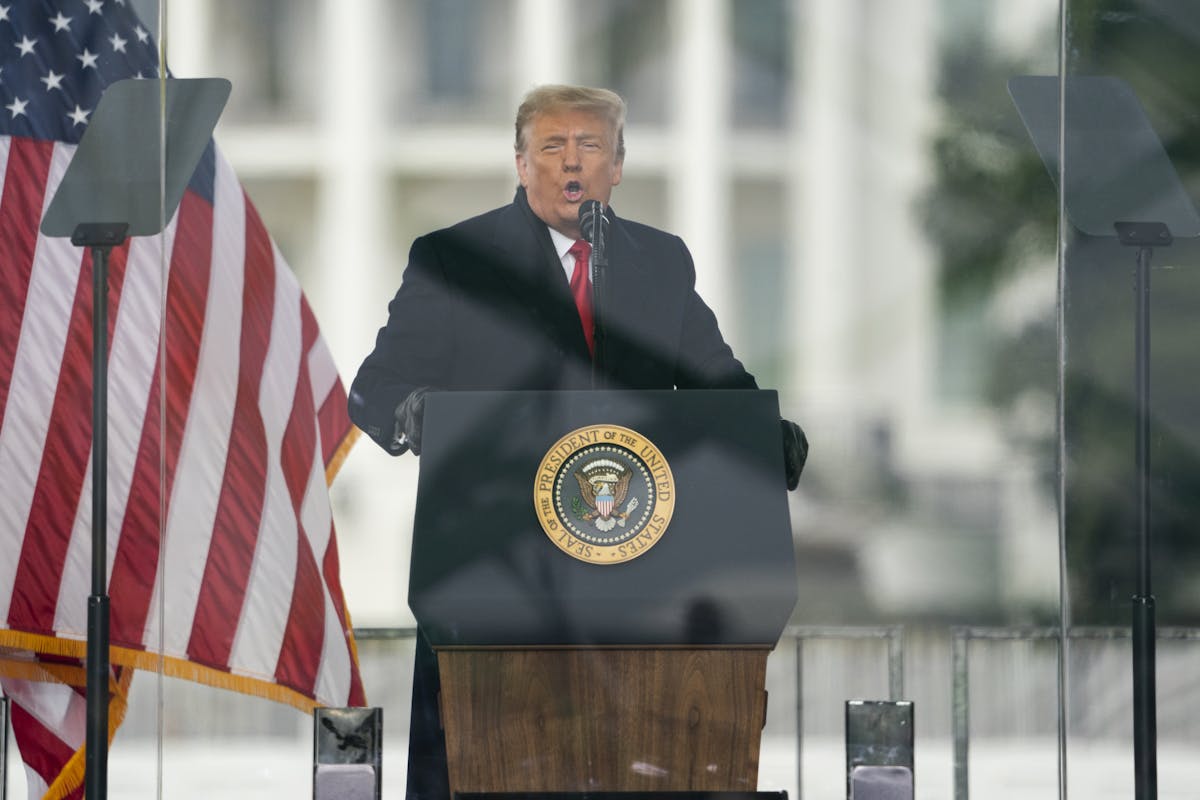
Fani Willis Comes Under Fire as Georgia’s GOP Lawmakers Plan Sweeping Restrictions Following Her Failed Prosecution of Trump
By A.R. HOFFMAN
|One of the former president’s lawyers moves to quash charges on the basis of a fine-grained textual reading, but could it be too clever by half?

Already have a subscription? Sign in to continue reading

By A.R. HOFFMAN
|
By LUKE FUNK
|
$0.01/day for 60 days
Cancel anytime
By continuing you agree to our Privacy Policy and Terms of Service.
By NOVI ZHUKOVSKY